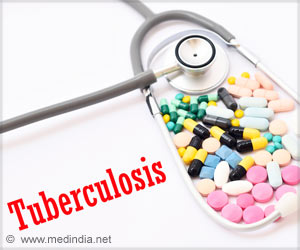NICE has commented that the anti-cholinesterase drugs used in the treatment of Alzheimer’s disease are not effective in completely curing the disease and the drug is not worth its cost.
The National Institute for Health and Clinical Excellence (NICE) has found that anti-cholinesterase drugs which are used in the treatment of Alzheimer's disease is not very effective in controlling the disease as the cost of the drug is very high and they have reported that the drug action is not worth its cost.
Alzheimer’s disease affects the brain tissues after one reaches forty years. Once affected, Alzheimer's gradually destroys the ability to reason, remember, imagine and learn. It is marked by abnormal clumps (plaques) and irregular knots (neurofibrillary tangles) of brain cells. For reasons not well understood, these plaques and tangles take over healthy brain tissues, devastating the areas of the brain associated with intellectual function.Though NICE has not recommended that the pills are useless but speculate they can help in reducing the disease but not completely cure Alzheimer’s disease and the cost of the drug is very high. Anti-cholinesterase drugs are produced by the manufacturers Pfizer Inc, Eisai Co., Johnson & Johnson, Shrine Pharmaceuticals, Novartis and Lundbeck Pharmaceutical industries.











